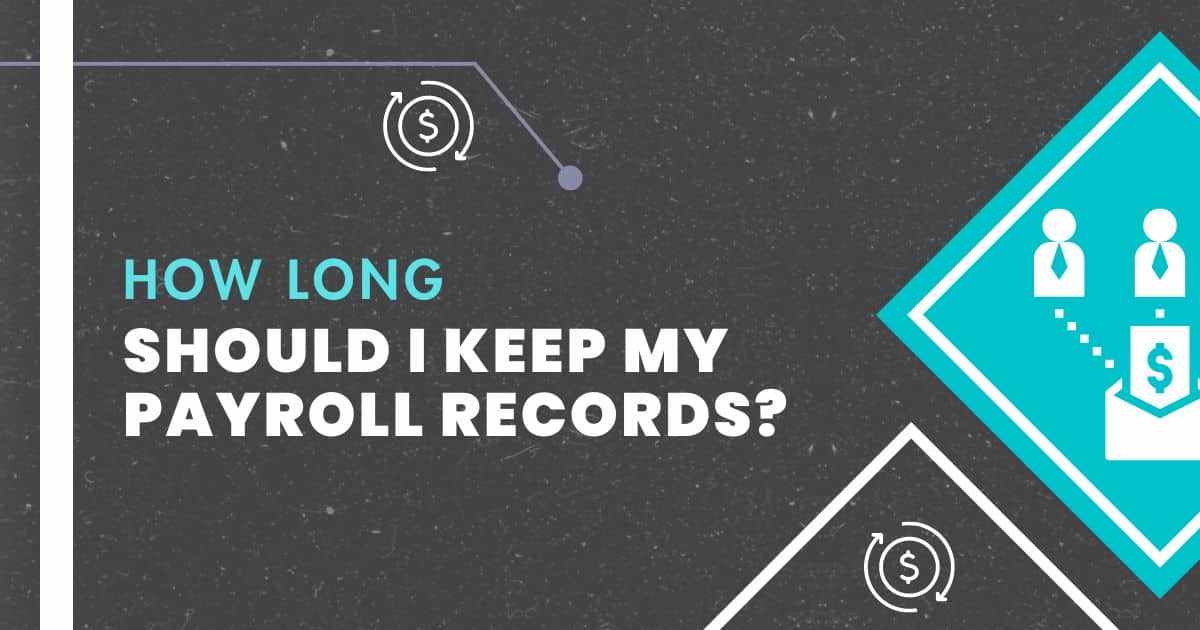
When I was a kid, my family had two full-sized filing cabinets filled with the important documents of our life. Each of the siblings had their own files, where my parents kept our prized papers. Report cards, Parent Teacher Conference notes, and tests we did well on. Looking back, it was a way for my parents to hold on to memories that they wanted to be able to revisit. Unfortunately, things like my birth certificate often got lost in the files FULL of my numerous and impressive childhood achievements. A family can afford to have room for some impractical practices, but a business will quickly outgrow the space impracticality takes up. When it comes to document retention, keeping the right documents for the right amount of time will not only protect you from being caught unprepared, but it can also give you the peace of mind to let go of what you no longer need.
There are a whole host of different documents that your business is going to receive and generate as a part of its operations. If you have a question about a specific kind of document, please feel free to refer to this guideline we created to help you make retention decisions. In this blog we will explore retention guidelines for payroll documentation, specifically Payroll Tax Records and Employment Records.
Payroll Tax Records
In general, it is best practice to keep your payroll tax returns (941’s and 940’s) for seven years. This rule is set by the federal government, and more specifically the IRS. The IRS has the legal authority to audit your business history going back seven years. There is also the potential, however minimal, that your company will get drawn into a legal dispute. Having a well-kept and accurate record is the best defense for your company. It will show your commitment to transparency and contain key evidence that will protect you. There are other payroll taxes that are filed on the state level, and the retention of those documents should be researched state by state. This blog was written in 2023, so any payroll returns from 2015 and earlier can be purged from the filing system.
Employment Records
The recommended length of time that you should keep employment records is seven years after employee termination. The payroll records in question here should include the personnel file (job description, resume, signed offer letter, onboarding documents etc.), payroll records, and performance reviews/written feedback to the employee. These documents are important to keep on file for seven years after termination because the US Department of Labor can audit your business for any year in that window, and these are the documents they will want to see. In the case that an employee files a lawsuit against your company, you will need to have these records to protect your company. The statute of limitation on most labor laws is 2-3 years, however, having the records from further back will once again show your commitment to ethical business practices, and form the foundation of your legal defense.
The payroll records that create your company’s history are precious. Not just because they can protect you during a court case or audit, but because they tell a story. They record moments that are worth remembering, and moments we want to forget, but need to learn from. There is something distantly beautiful about the past. And there is something beautifully brave about letting the past go, and living in the present… after seven years.
Need more help on payroll records (or anything else)?
Being a business owner is more than just knowing how long to keep your payroll records. Looking for other business owner tips? Check out our Owner’s Guide to Employment Taxes to keep on learning.
Topics: